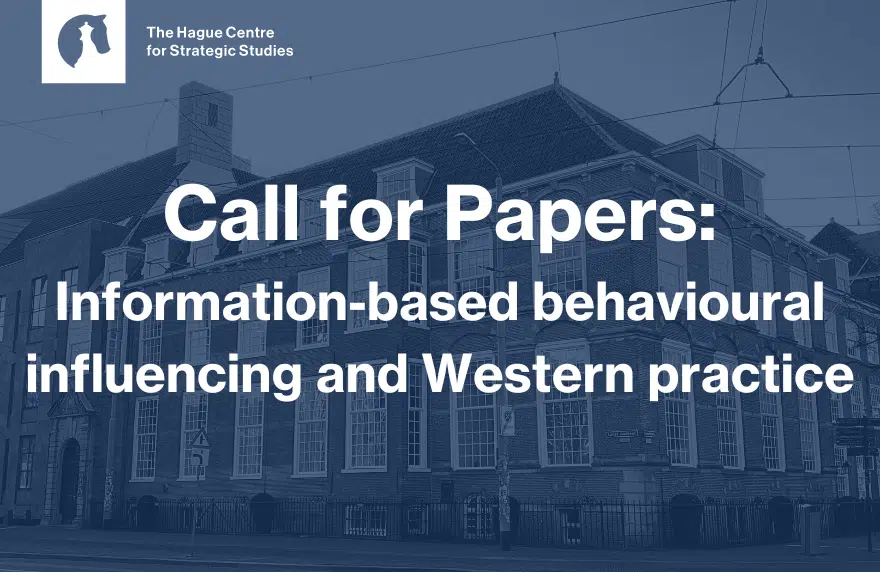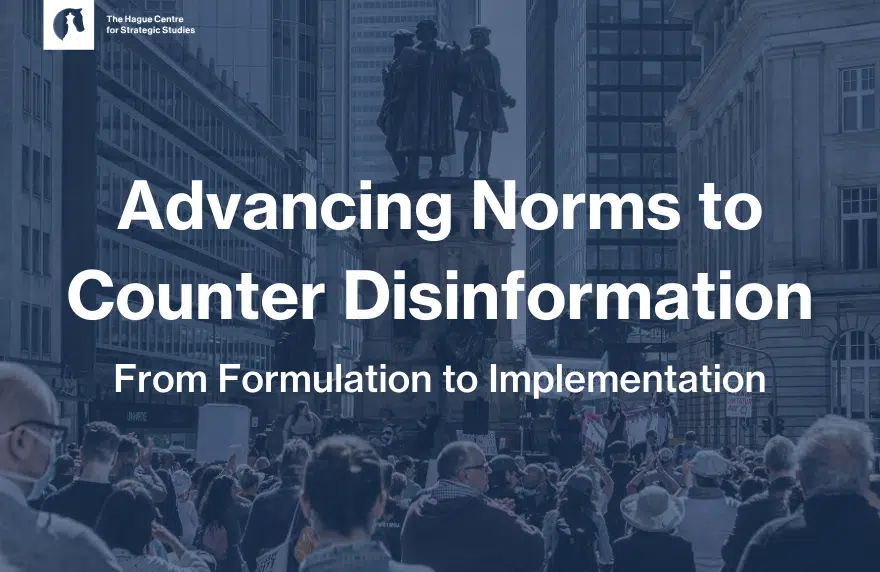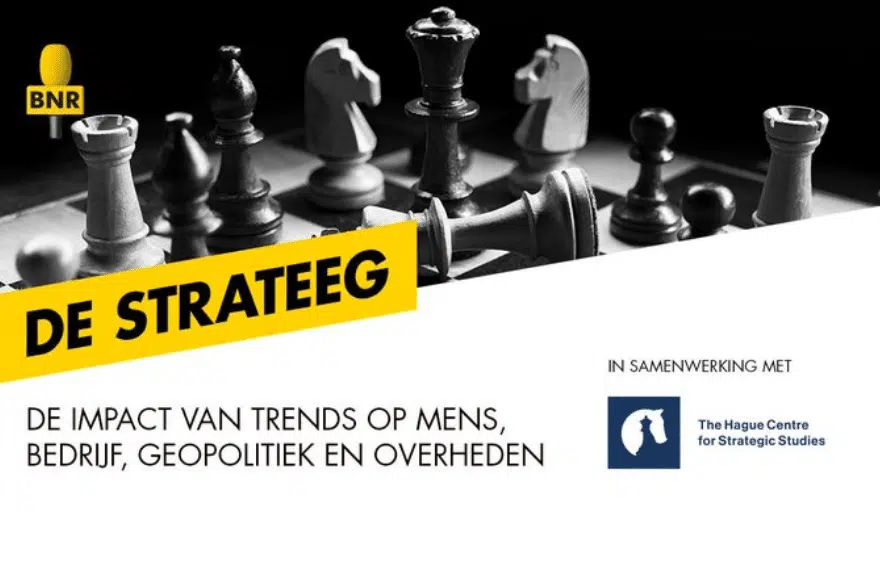For as long as wars have occurred, information has been used to shape outcomes on the battlefield. In recent years, the role of information in conflict is only gaining in importance, as information and communication technologies advance and cognitive psychology evolves. With the ever-larger and more evasive employment of information-based capabilities to target human cognition, boundaries between the battlefield and beyond and between war and peace fade. Such developments bear far-reaching consequences, also for military organisations. Indeed, in this rapidly evolving information environment, armed forces are faced with a myriad of questions and dilemmas.
As part of the project Platform Influencing Human Behaviour, commissioned by the Royal Netherlands Army, The Hague Centre for Strategic Studies (HCSS) is bringing together academic experts and policymakers from different parts of Europe to explore ethical, legal and military-strategic issues and boundaries involved in information-based behavioural influencing in the military context.
Scholars, experts and policymakers are invited to submit a paper on the employment of information-related capabilities to influence human behaviour in the military context, from the perspective of an individual European or NATO country’s perspective. Papers may address, but are not limited to, the following issues:
- How is the military adapting to current and future changes in the information environment? What are national operational and doctrinal developments when it comes to behavioural influencing?
- Which concerns shape the debate on behavioural influencing and how are for instance legal or ethical issues being dealt with? Which issues are still unresolved and what is needed to move forward? What are key obstacles to current practice and policy?
- How does the role of the armed forces relate to the role of other governmental agencies/departments in behavioural influencing in the information environment?
- To what extent do current threats spur the need for continuous, pro-active military postures in the information environment (as opposed to mission-specific)?
- What are current practices in behavioural influencing by Western military organisations? How well are the techniques and tactics understood, implemented and evaluated in the military context? What are key promises and pitfalls?
- What is or should be the role of the EU or NATO in the information environment?
Experts and policymakers are invited to submit a proposal in the form of a 300-word abstract and a short bio by 20th of October 2022 to [info@hcss.nl]. Please mention “Call for papers 2022 – proposal [YOUR NAME]” in the subject headline. We will inform the applicants whether their papers have been accepted before 30th October 2022 and subsequently set up calls to further discuss the content of papers
Papers should be 3000-4000 words and submitted by 15 March 2023. Selected participants will receive a renumeration. An (online) seminar will be organised in spring 2023 (date to be determined) to discuss research findings among participants and with policy-makers.






